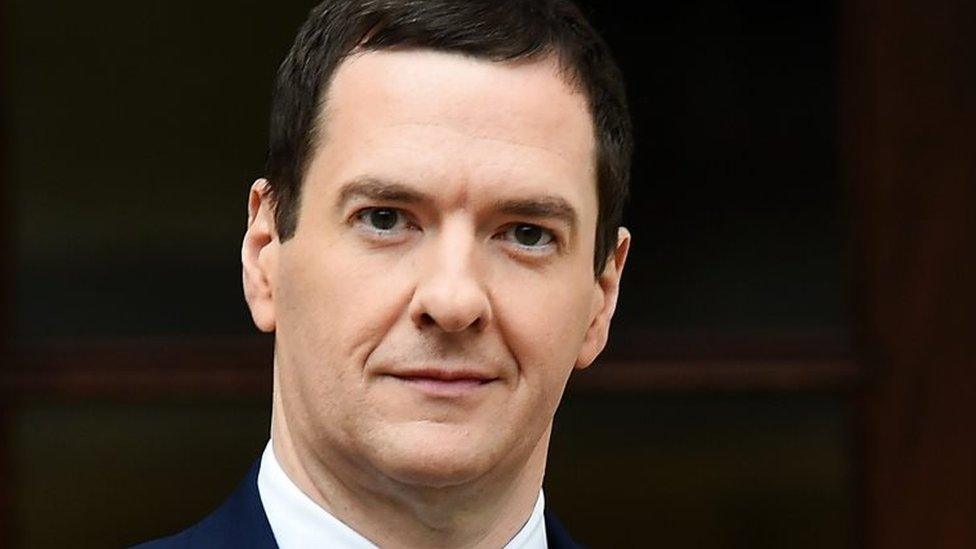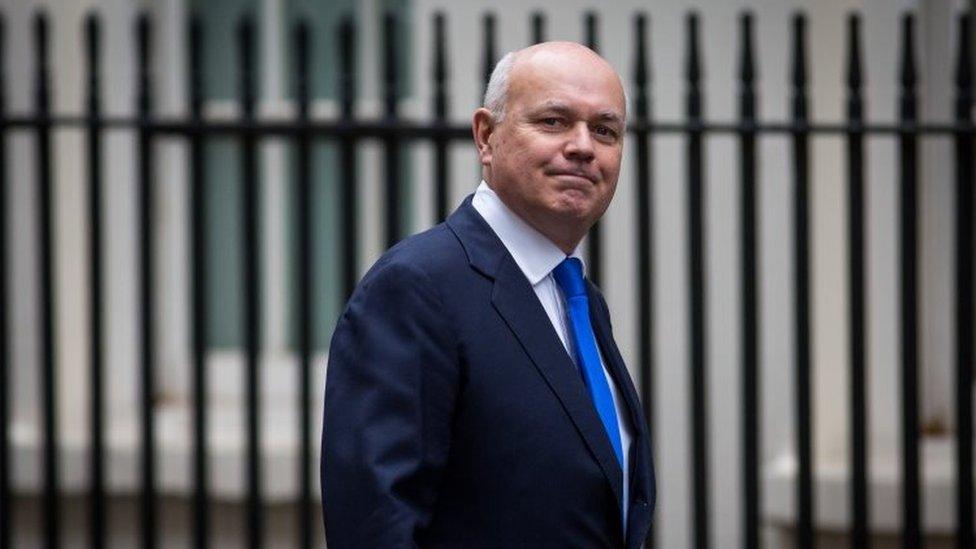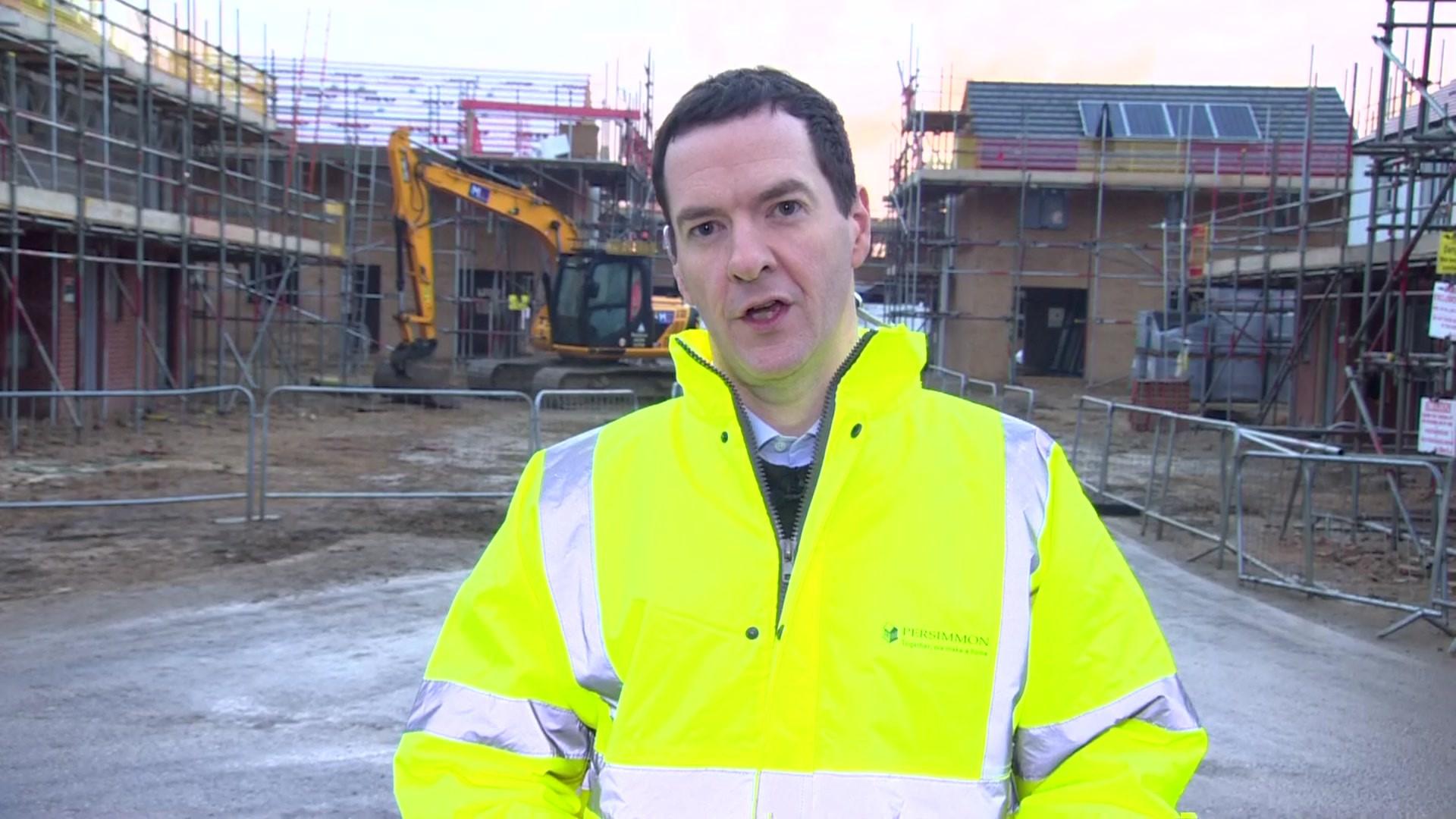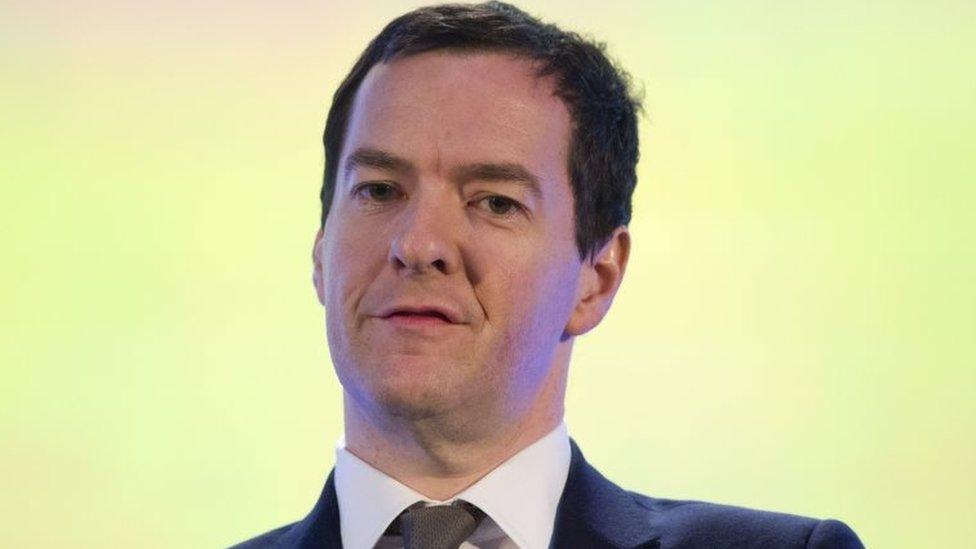Spending Review: Welfare cuts rely on troubled Universal Credit
- Published

Following Chancellor George Osborne decision yesterday to scrap his tax credit cuts, one of the key ways he is going to meet his manifesto commitment of cutting £12bn from welfare spending is through Universal Credit.
This is the government's main welfare reform, bringing together six working age benefits into a single monthly payment.
But it is a programme that has been beset by problems that was further delayed on Wednesday, costing money.
The latest figures show there were 141,000 people claiming Universal Credit in October 2015.
In November 2011, Work and Pensions Secretary Iain Duncan Smith said a million people would be on the benefit by April 2014 and all 7.7 million households would be on it by 2017.
The latest schedule sees Universal Credit fully rolled out by the end of 2020/21.
Further delays
Despite George Osborne's confidence that Universal Credit will help deliver his savings, on Wednesday the Treasury itself said: "Universal Credit has been substantively delayed on at least three separate occasions in the past three years. The rollout schedule is now around three years later than expected.

"In 2016/17 we now expect 330,000 claimants on universal credit rather than the 6.1 million expected in our forecast three years ago."
The Office for Budget Responsibility revealed on Wednesday that the DWP had built further delays into the roll-out.
The department had expected no new claims to the benefits Universal Credit replaces by December 2017; that's now become June, 2018.
These delays aren't merely administrative - they increase costs. The government has to keep paying the legacy benefits and it doesn't realise the savings that Universal Credit is meant to provide in a timely manner.
Much of the delay relates to the groundbreaking and complex IT system that's had to be built to make Universal Credit work.
Written-off
The new benefit relies on the real-time sharing of information between 2 major government departments - DWP and HM Revenue and Customs.
In theory, someone whose employment circumstances change should see their benefits adjusted within days.
But problems in getting the system to work have led to hundreds of millions of pounds being written-off and several senior managers resigning.
Universal Credit is currently being rolled out to most job centres - but it is only accepting claims from newly unemployed single people in the vast majority of areas.
Some areas of the North West of England are processing families but it's being done through face-to-face meetings.
A pilot of the digital service - where claimants apply online - is underway in certain postcode areas of south London, in the boroughs of Sutton and Croydon.
Given the history of Universal Credit, it is reasonable to ask whether it will be rolled out as currently expected and whether the chancellor will therefore cut welfare spending by as much as he promised.
- Published26 November 2015

- Published26 November 2015

- Published24 November 2015
- Published23 November 2015
- Published24 November 2015
- Published20 November 2015

- Published24 November 2015
